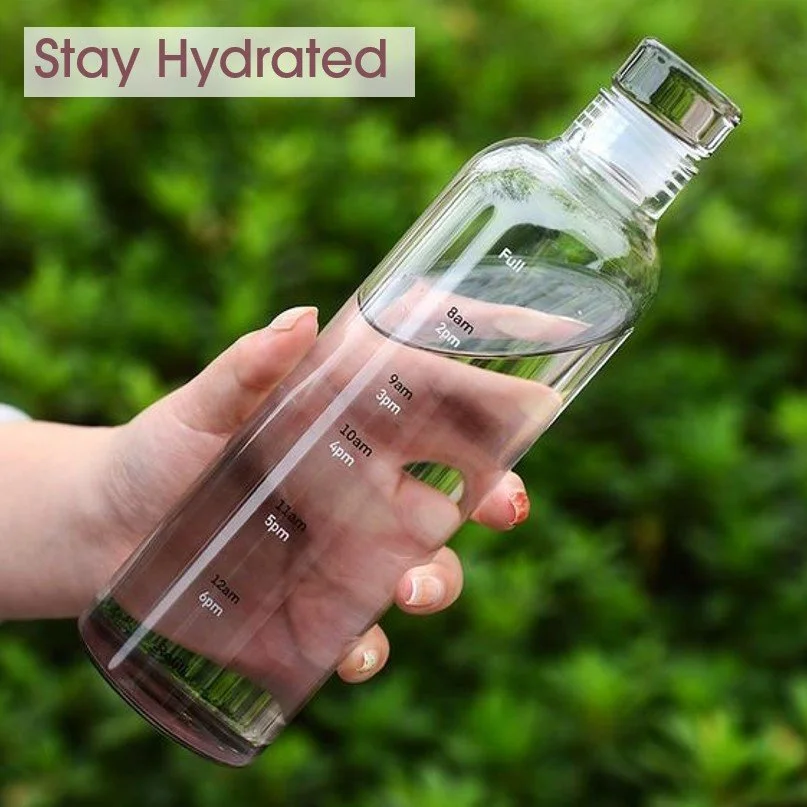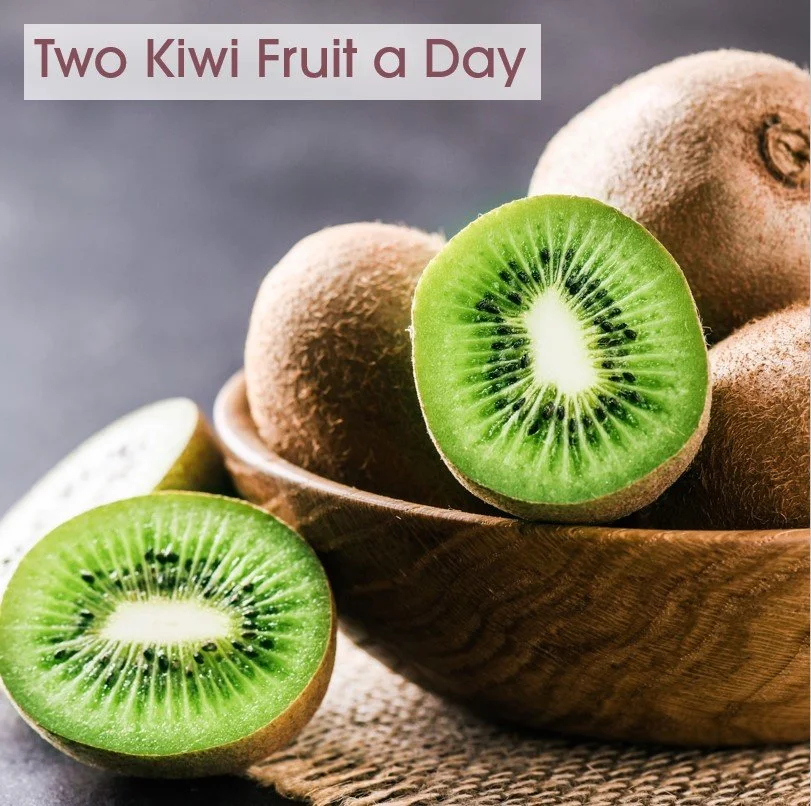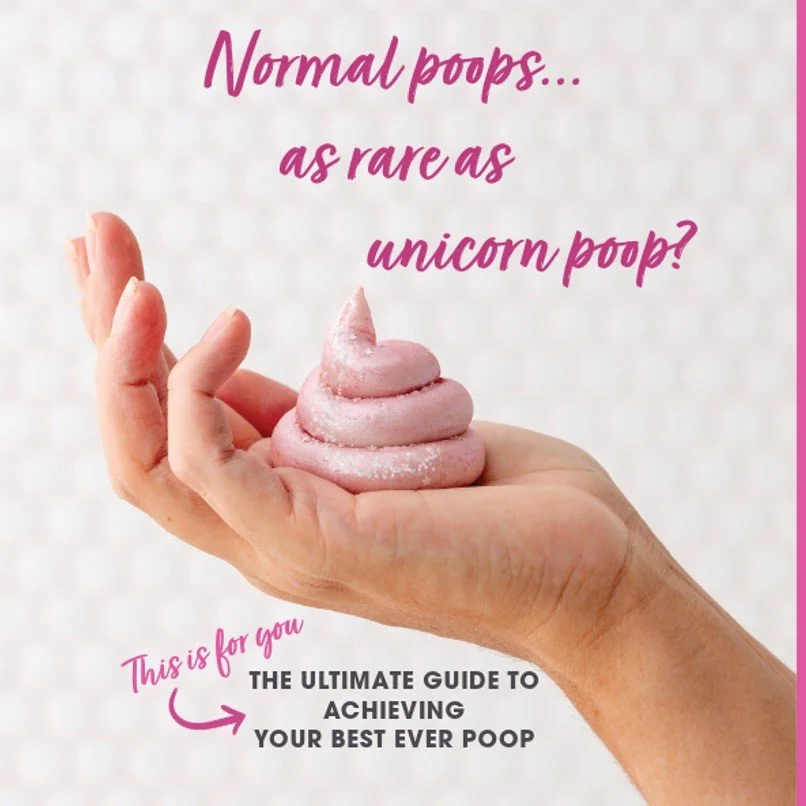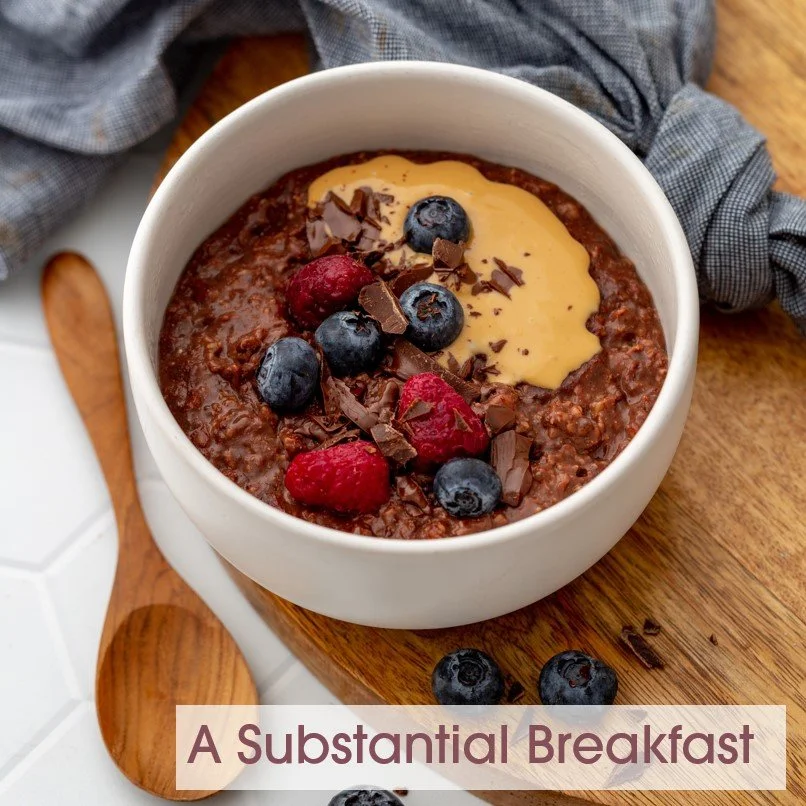Gentle Ways to Prevent Constipation for Sensitive Tummies
Constipation can be frustrating, uncomfortable, and downright disruptive to daily life - especially for those with IBS or a sensitive tummy. If you often find yourself struggling, you’re not alone.
And reaching for standard remedies isn’t helpful. Many high fibre foods are high in FODMAPs. Prune juice is rich in sorbitol and fructose, and wheat bran is high in fructans. Whilst these will get things moving they can also cause painful bloating if you have IBS.
The good news? There are natural ways to help keep things moving without loading up on the laxatives.
Rather than focusing on what to cut out, the key is adding the right habits and foods to your routine. Below are eight simple yet effective tips to help ease constipation and support a happy gut.
Add these to your day
1. Stay Hydrated
Dehydration is a common culprit behind constipation. Your body needs enough water to keep things moving smoothly. Exact needs vary based on activity levels and climate, and we’d generally say drink to thirst.
However, as we age, our thirst signals can become less reliable, so it’s important to be more mindful of hydration. A good starting point is 30ml per kg of body weight per day. Keep a water bottle handy and sip throughout the day!
2. Get Moving
Physical activity plays a big role in gut health. A simple walk after meals can stimulate digestion and encourage movement through the intestines. Regular exercise helps keep your gut active and functioning optimally.
3. Kiwi Fruit – A Natural Gut Hero
Kiwi fruit is a powerhouse when it comes to preventing constipation. Clinical trials have shown that eating two kiwis per day can significantly improve bowel movements.
This is likely due to their unique fibre content and natural enzymes. Whether you prefer gold or green kiwis, eating them with or without the skin is up to you - both ways work!
4. Pooping Posture Matters
Did you know that your sitting position can affect how easily you go? Using a footstool or a Squatty Potty helps mimic a natural squatting position, which straightens the colon and makes elimination smoother.
If you’ve been struggling, adjusting your posture might be the additional strategy you need!
5. Fibre-Rich Foods
Beyond kiwi fruit, a variety of plant-based foods can help combat constipation. The key is getting a mix of soluble and insoluble fibre:
Soluble fibre absorbs water, softening stools.
Insoluble fibre adds bulk, helping things move along.
Check out the Best Ever Poop page for great fibre-rich food ideas!
6. Magnesium – A Gentle Laxative
Magnesium citrate is a fast-acting and effective way to relieve constipation. It works by drawing water into the intestines, softening stools, and making them easier to pass.
If you’re looking for a gentle laxative option, magnesium might be worth adding to your routine.
7. A Hot Drink in the Morning
A warm beverage—especially coffee—can stimulate the gastrocolic reflex, triggering movement in the gut. This happens through the release of digestive hormones (CCK and gastrin) and the stretching of the stomach.
If you’re struggling with sluggish digestion, a hot drink first thing in the morning might help kickstart your system.
8. Ensure your Breakfast includes Fat and Protein
Similarly, fat and amino acids also stimulate the CKK cells in your small intestine triggering strong propulsive movements further along the gut. Just what you need to get things moving.
Opt for full-fat, lactose-free yoghurt with your muesli and add a little peanut butter to your porridge or a splash of olive oil (or butter) to your eggs on sourdough toast.
And remove this
9. Reduce Alcohol
Alcohol can dehydrate the body and disrupt digestion. It reduces the secretion of antidiuretic hormone (ADH), leading to increased urination and fluid loss.
Additionally, high-alcohol drinks (above 15%) can slow gut movement, while lower-alcohol drinks (like beer and wine) may actually speed things up—sometimes leading to diarrhoea in the short term.
For those with IBS, alcohol is probably best avoided altogether. We have plenty of alcohol-free options in our blog on low FODMAP cocktails.
Conclusion
It’s tough when constipation is a constant struggle. We hope that by incorporating these daily habits, you can support your gut health naturally and reduce reliance on laxatives.
Try adding hydration, movement, fibre-rich foods, and kiwi fruit to your routine, and see what combination works best for you. Small changes can make a big difference in keeping your tummy happy.
Blog written by: Noisy Guts co-founder Dr Mary Webberley. Mary has a background in biology, with two degrees from the University of Cambridge and post-doctoral research experience.









